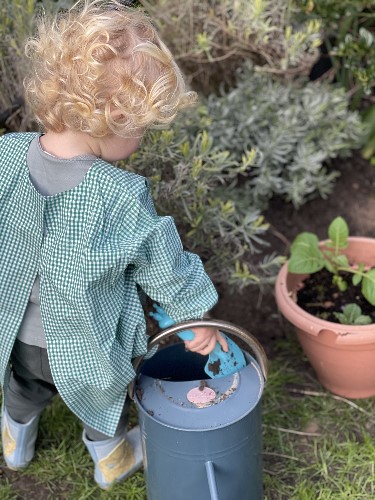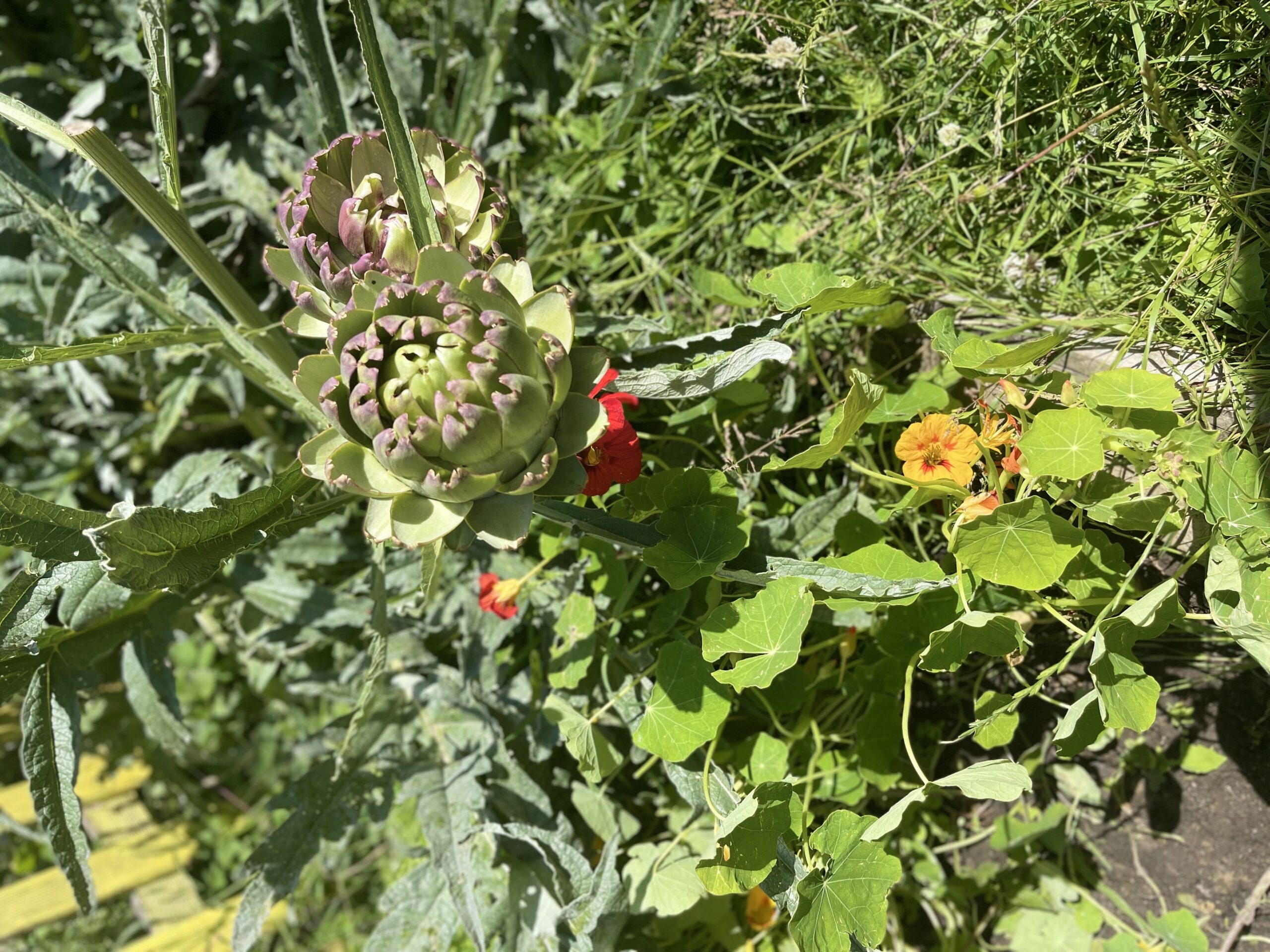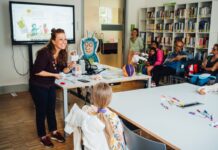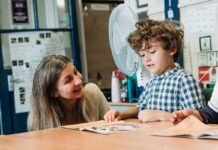“If you want a child’s mind to grow, you must first plant a seed”
When most parents think about school food, it is not unusual for images of bland, tasteless, beige slop to be conjured into their heads. These images certainly do not inspire and the reality of this is becoming a thing of the past with more and more schools really beginning to concentrate on a better, healthier and more inspiring menu.
Here in the UK, the majority of schools are still coming up short when compared with schools in countries such as France and Finland but things are changing and we are beginning to see a great shift towards palette-challenging menus that would be the envy of many restaurants across the country.
However, at most schools, this is often where it stops, with food being a perfunctory part of the children’s school day, served in a lunchroom, eaten and then cleared away.
At Tadpoles, we look at things a little differently.
We teach our children that food is not just an aside to life, that it does not just ‘appear’, prepared, to be enjoyed for a moment and cleared away whilst we get on with more important things. We teach our children that food is essential to every living creature. That it is the most important ingredient in life. We teach them that ingredients need to be cared for, nurtured and respected and we start this from the very beginning.
How Food Inspires Us:
At Tadpoles, we make food and its ingredients a central and inspiring part of our curriculum.
There are schools that will await their weekly vegetable delivery from a supplier and will then put the ready-picked hoard into a bowl, covering them with earth for the children to discover, a lovely idea but we like to go one step further.
At Tadpoles, we think, why would you use ready-picked vegetables covered with earth from a bag, when you can plant the seeds and use the journey of that seed’s growth to educate and explore? Our seeds become vegetables, herbs and fruit which are then used to prepare and cook with inspiring every area of the curriculum.

From Seed to Table:
With the planting of our own fruit, herbs and vegetables, our children begin to see and understand where their food comes from, how we need to respect and nurture the world around us, learning how different seasons bring different foods, how the use of weather, insects, animals, water and light will affect how their ‘food’ will develop. Through exploring different tastes and textures, we help develop their palettes – helping them understand the importance and excitement of trying new things.
When our children sit down for their lunches, they have a greater understanding of where the food on their plates, began its wonderful journey and that there is so much more to food than its consumption.
We see our garden and planting spaces as an extension of our classrooms. Our children use nature to inspire their curriculum-based learning experiences. What the children grow in these spaces, they use in their ‘kitchen’ and cooking.
Of course – in our little London space, we cannot grow full, sustainable crops using regenerative farming methods that will feed our growing children for years to come but we can show by example and on a smaller scale, these methods and this journey from feeding the soil, planting the seed and its journey through its growth and on to our plate and we continue this ‘learning’ with our chosen caterers.
For our lunches, we use caterers who are committed to supporting suppliers who have only the freshest, top-quality ingredients, where vegetables are grown for their flavour, and where they use only locally sourced products and fruits and vegetables that are in season. Menus change on a seasonal basis and the children are able to experience the end product of that little seed, planted originally in a little pot or one of our raised beds or bags.
Waste Not Want Not!
Our green waste goes into our compost that the children feed back into the soil to feed their new crops of sewn seeds. Even our unripened vegetables will be used to enhance our school chutneys and sauces! When it comes to waste – well almost nothing at Tadpoles is ever wasted!
You may also like





